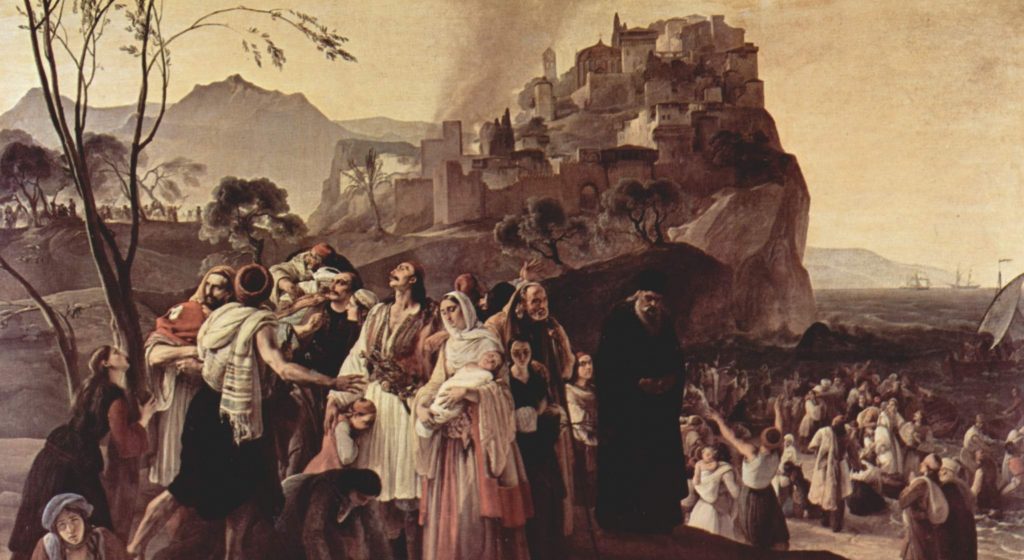
Slovakia in Spotlight: Phases of Slovakian Democratic Evolution
The 1990s brought several significant changes for Europe. On January 1, 1993, Czechoslovakia was dissolved, and as a result, the Czech Republic and Slovakia have since been independent states of the Central and Eastern European region. The focus of European public discourse is not always on Slovak domestic politics, but the assassination attempt on Prime Minister Robert Fico in 2024 has shocked the continent.











